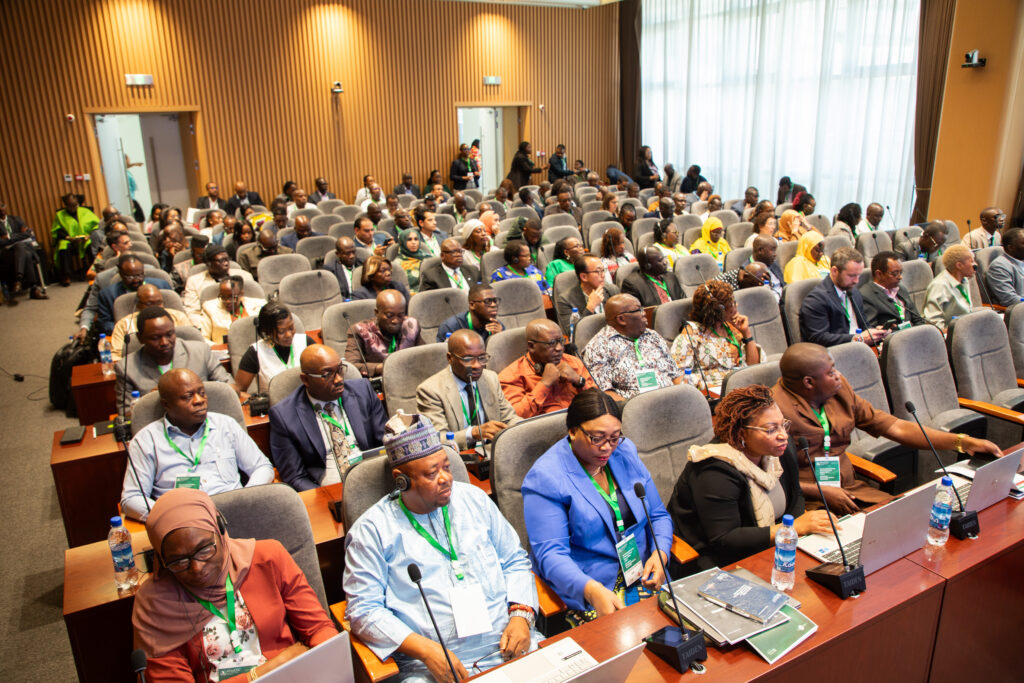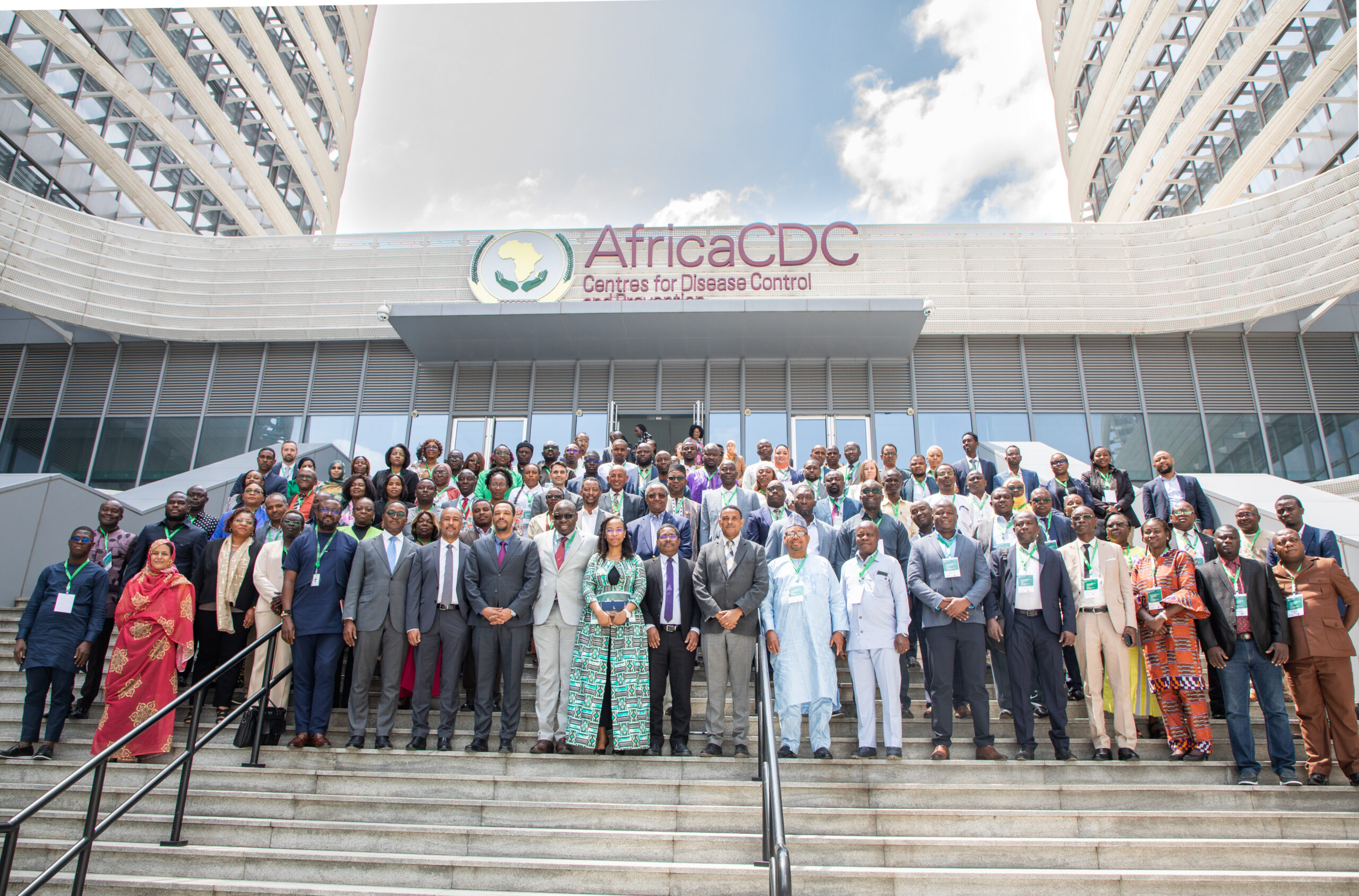African Union Member States convene for the inaugural NTD Continental Micro-planning Workshop
The Africa Centres for Disease Control and Prevention, the African Union Commission, and the World Health Organization (WHO) hosted the inaugural NTD Continental Micro-planning Workshop in late June 2025 in partnership with the END Fund In Addis Ababa, Ethiopia.
Who was there: 49 out of 55 member states convened for the planning sessions, marking the largest gathering of AU member states with the intent to develop comprehensive costing plans for neglected tropical diseases. It demonstrates that national governments are leading the effort to find sustainable ways to eliminate neglected tropical diseases.
During the opening remarks, Dr. Solomon Zewdu MD, CEO of the END Fund, commended the participants’ commitment, stating: “we have never come together as a continent to develop micro-plans that will feed into regional plans and eventually create a continental plan to eliminate neglected tropical diseases.”
Why it matters: Costed micro-plans are essential to understand what work needs to be done and with how many resources for each country to achieve elimination. There has never been a continent wide costed micro-plan to eliminate neglected tropical diseases.
“Public health efforts across Africa are under threat, funding is among the challenges, noting that this makes the continued engagement and energy around NTD elimination even more commendable,” said Dr Raji Tajudeen, Africa CDC Acting Deputy Director General and Head, Division of Public Health Institutes and Research.

What is next: Once the costed plans are finalized, the task will move towards mobilizing the resources necessary to achieve elimination. The world is still reacting to the sudden change in funding landscape over the last several months, so this effort will enable countries to find better efficiencies, integrate treatment and develop co-financing plans to adequately resource these elimination programs.
“The elimination of NTDs is more than a public health objective: it is a lever for development and a decisive step towards achieving the African Union’s Agenda 2063,” said Professor Julio Rakotonirina, Director for Health and Humanitarian Affairs, African Union Commission. “The development of the micro-plan is only the first step. Success will lie in national ownership, resource mobilization, and, above all, operationalization on the ground.”


